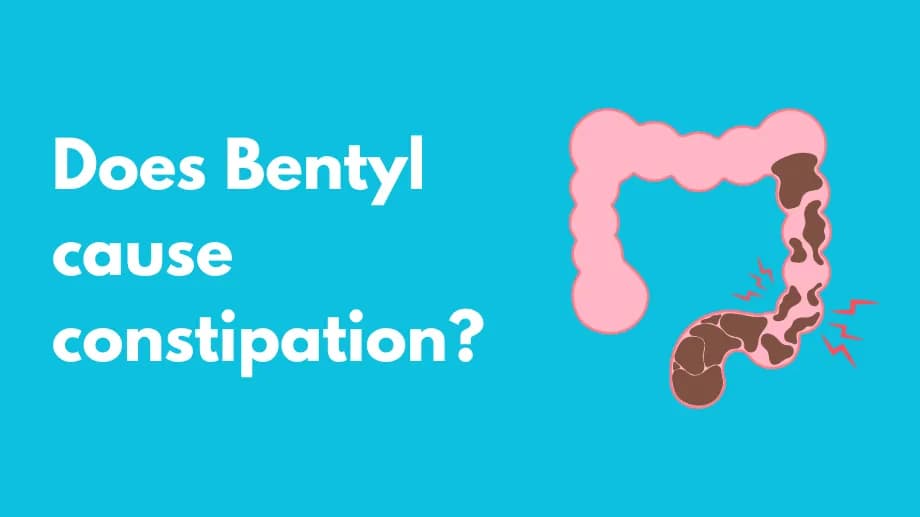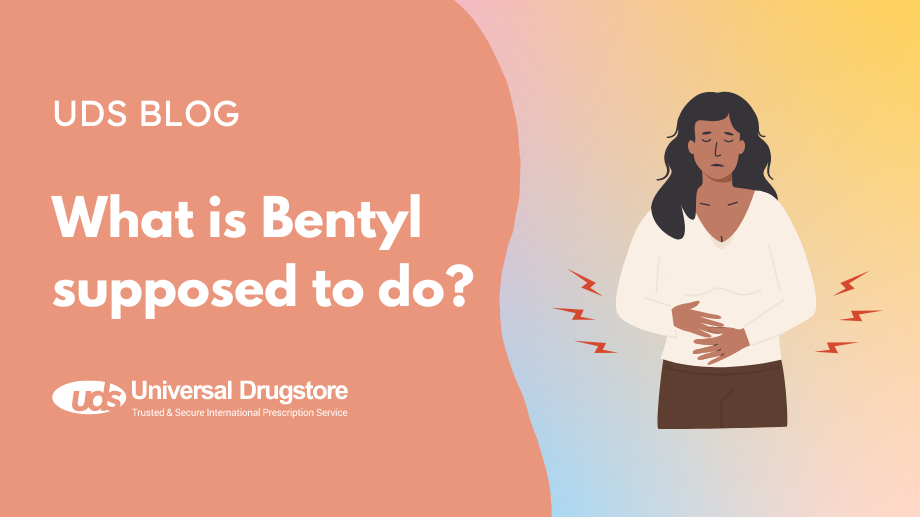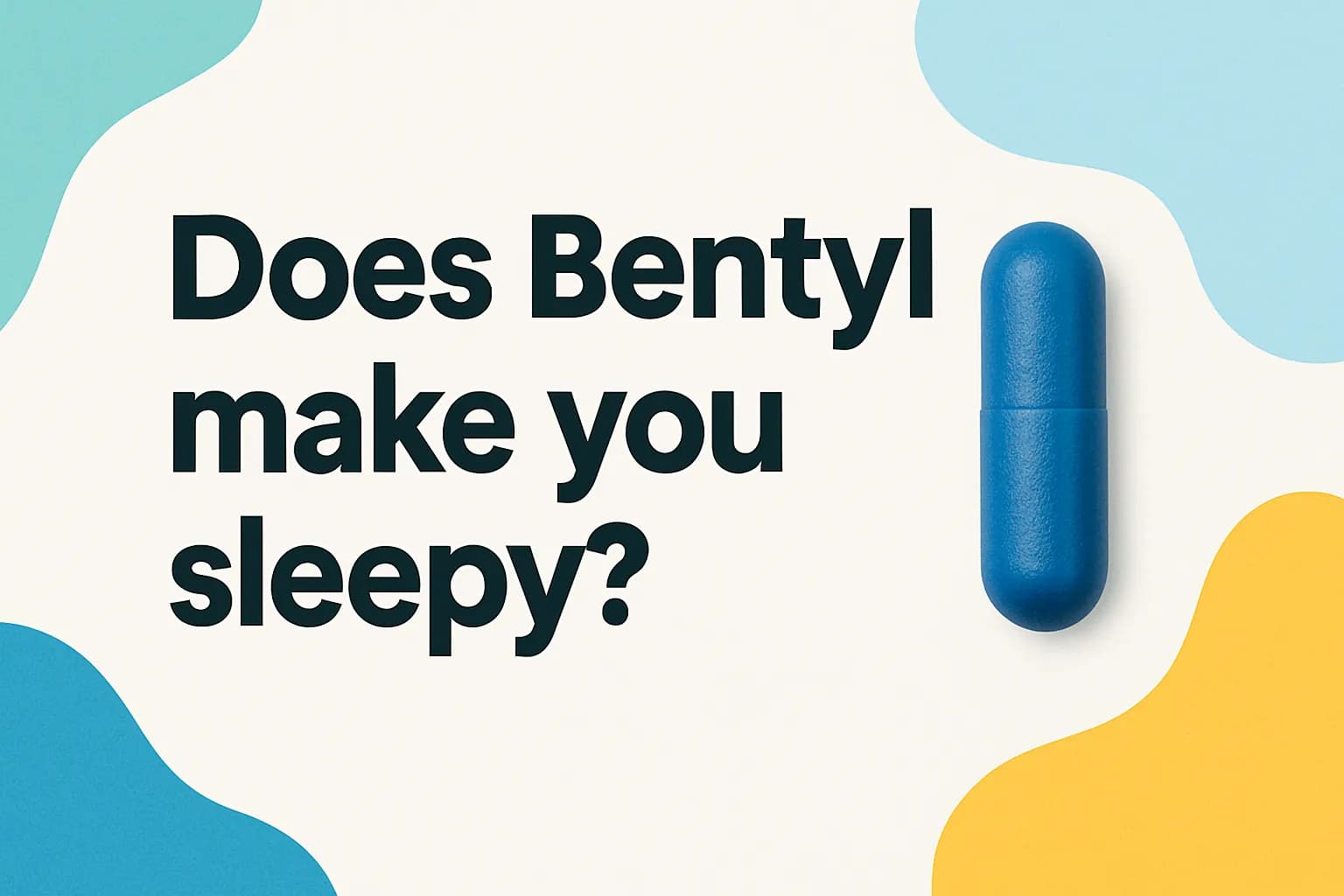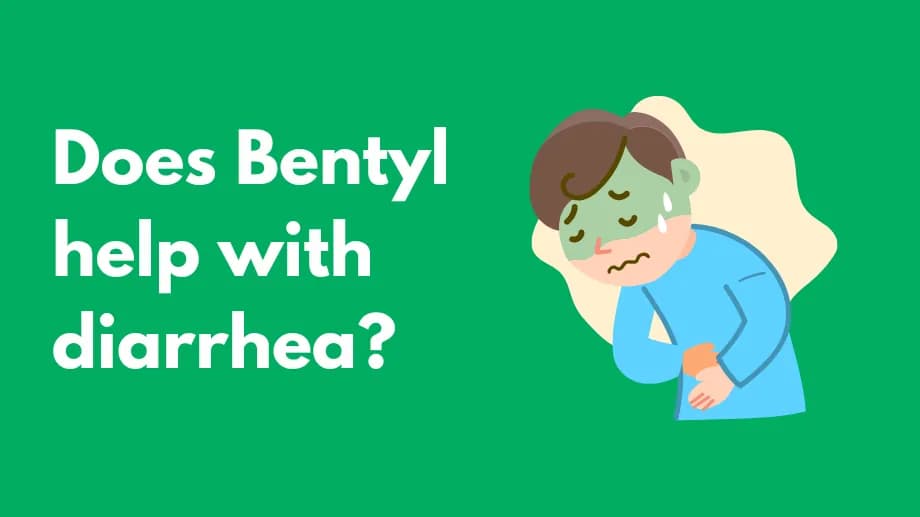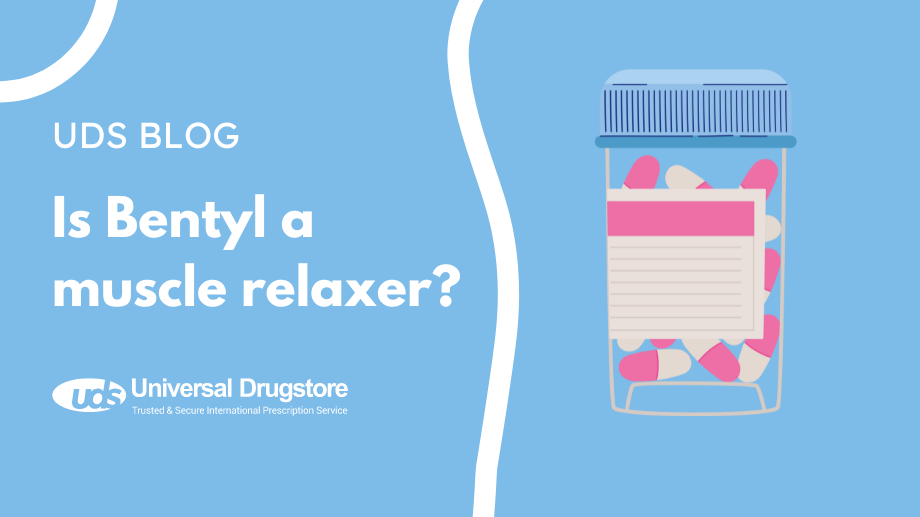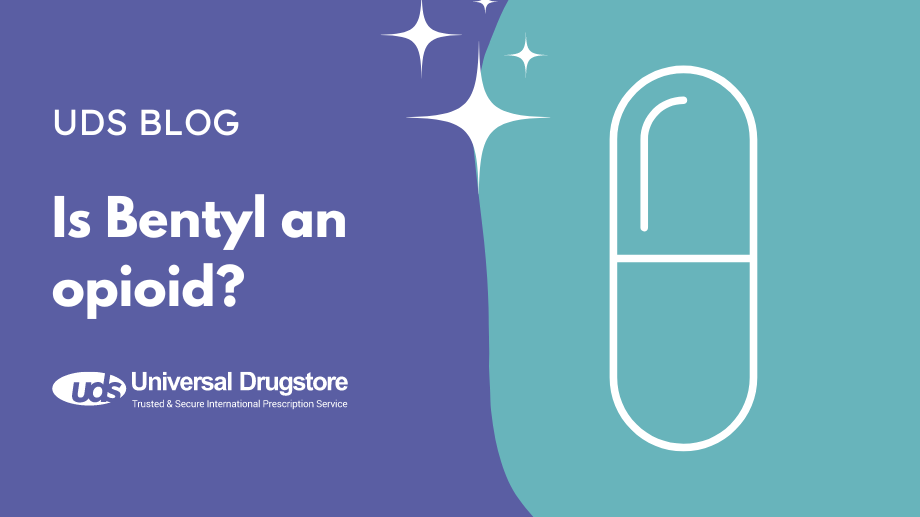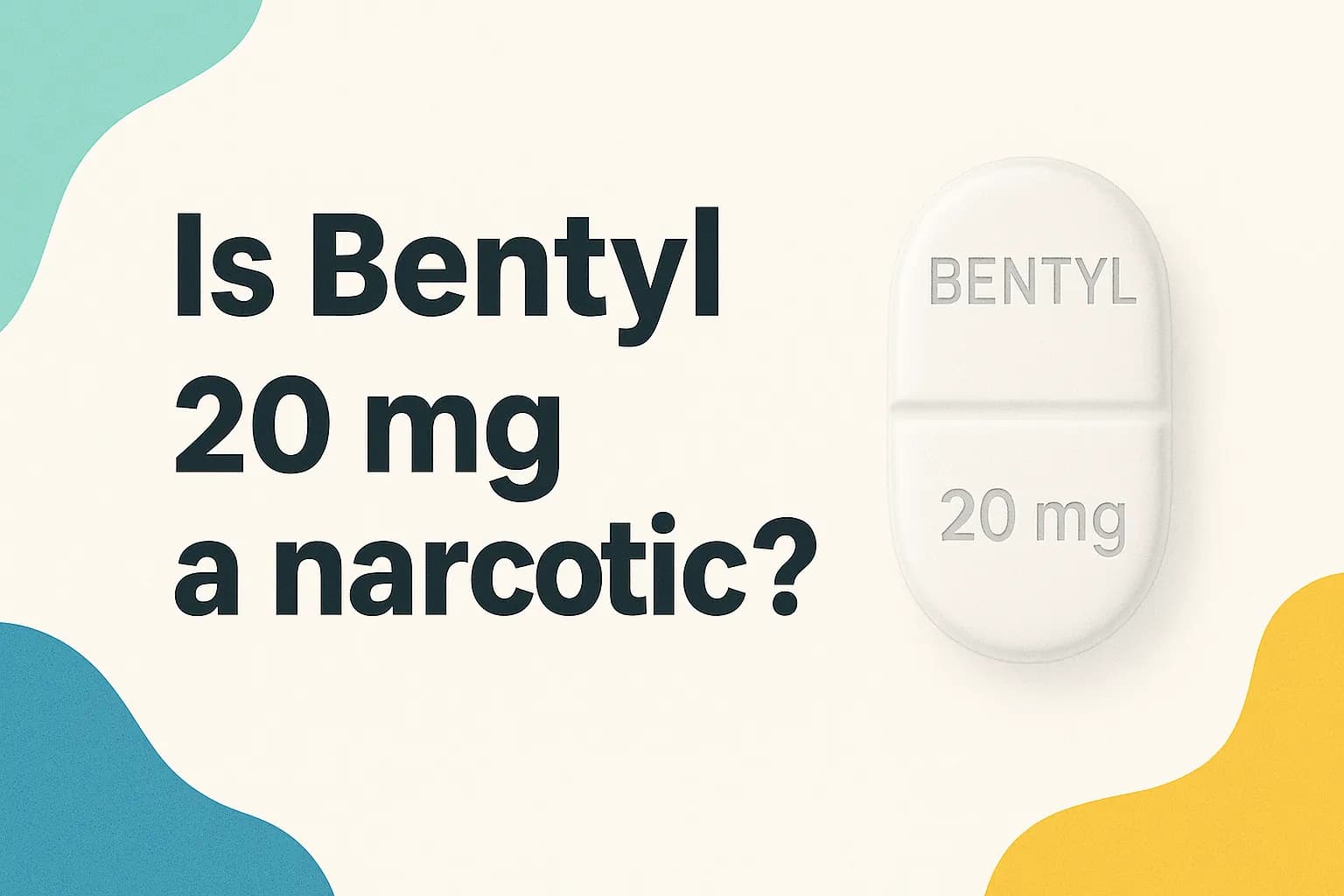Is Bentyl a pain reliever?
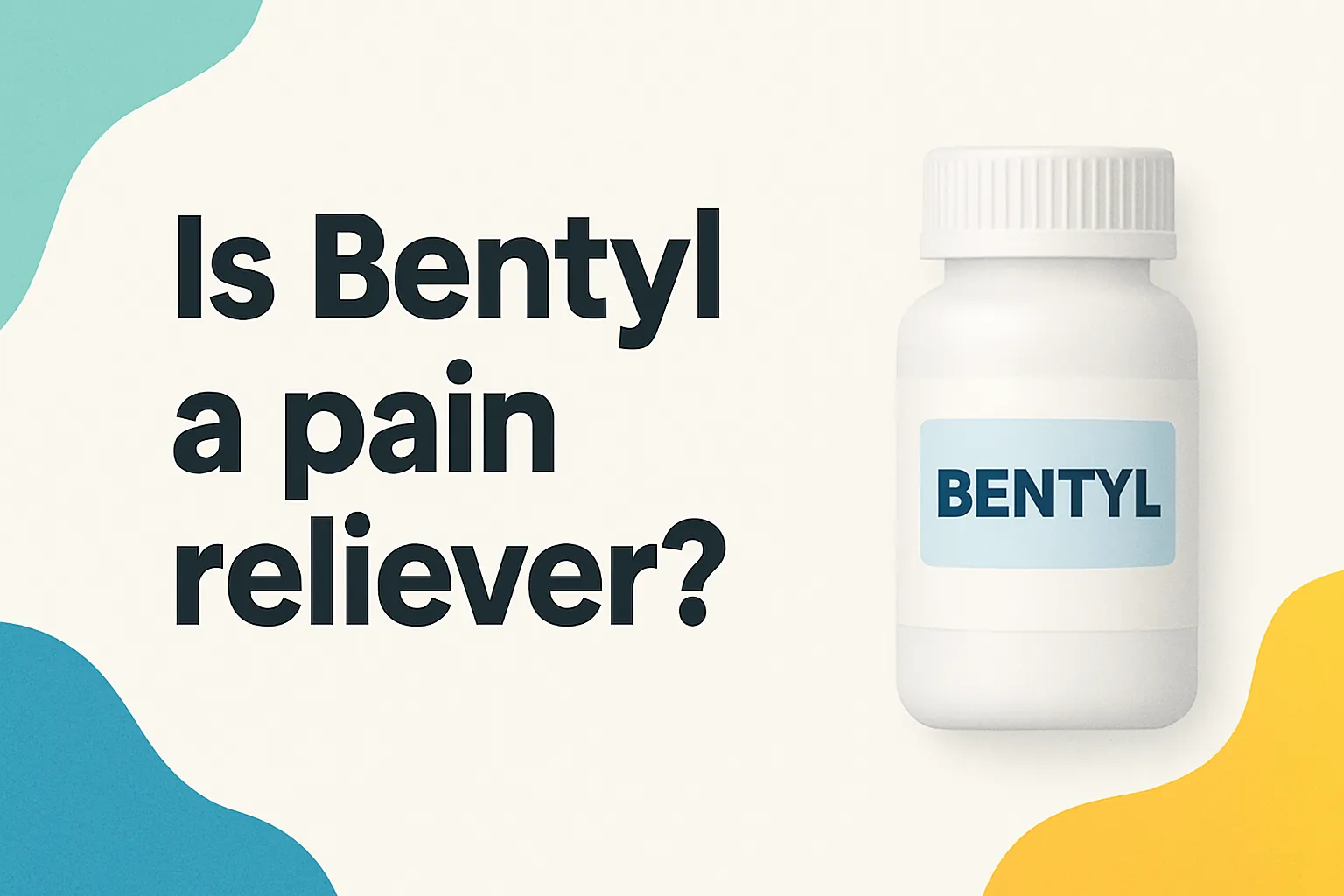
If you have irritable bowel syndrome (IBS), you may experience cramping, abdominal pain, bloating, and gas. You may also have diarrhea, constipation, or episodes of both. It is one of the most common disorders that affects your gastrointestinal tract (stomach and intestines).
There is no cure for IBS, but dietary changes and improved lifestyle habits can help manage it. A variety of medications may also help. Bentyl (dicyclomine hydrochloride) is one drug that is commonly used to manage symptoms of IBS. It reduces muscle spasms in your gastrointestinal tract and may help improve pain and cramping related to these spasms. It may also help you have better bowel movements as well.
In this blog, we will discuss how Bentyl works, its side effects, drug interactions, and contraindications. We will also answer some other frequently asked questions.
Bentyl FAQS
How does Bentyl work for IBS symptoms?
The active ingredient in Bentyl is dicyclomine hydrochloride. The U.S. Food and Drug Administration (FDA) first approved it in 1996 to treat peptic ulcer disease (PUD). Now, it is a common treatment option for irritable bowel syndrome (IBS). It acts as an anticholinergic and antispasmodic by blocking the action of acetylcholine. Acetylcholine is a neurotransmitter found on the smooth muscle surrounding your gut and signals for them to contract. By blocking the action of this neurotransmitter, Bentyl helps the muscles in your gut relax. Research has shown that people had less abdominal pain and better bowel movements after taking dicyclomine.
What are the side effects of Bentyl?
The most common side effects of dicyclomine (Bentyl) include:
- Dizziness or lightheadedness
- Dry mouth
- Blurred vision
- Nausea
Some other less serious side effects of Bentyl that may occur include:
- Drowsiness or sedation
- Weakness
- Nervousness
- Constipation
Some people can experience serious side effects while using Bentyl that may require immediate medical attention. If you experience any of the following, contact your healthcare provider or seek assistance at your nearest hospital:
- Serious allergic reactions (skin rash, hives, swelling, trouble breathing)
- Increased heart rate
- Mood changes (confusion, memory loss, distress, hallucinations, euphoria)
- Decreased sweating or other autonomic nervous system effects
- Severe muscle weakness
- Trouble urinating
- Gut problems (worsened diarrhea, severe inflammation)
- Overdose symptoms (nausea, vomiting, dizziness, seizures)
These are not all of the possible adverse effects of Bentyl. You should always seek medical advice from your healthcare provider for any questions or concerns about your medical condition or treatment. Read all patient information, medication guides, or drug information sheets that come with this medication. You can also report adverse effects to the Food and Drug Administration at www.fda.gov/medwatch or 1-800-FDA-1088.
Does Bentyl interact with other medications?
When Bentyl is taken with other brand name or generic prescription drugs, over-the-counter medications, vitamins, and supplements, it may change how they work or increase the frequency or severity of side effects. Make sure that you tell a healthcare professional about any other drugs you are taking.
Who should not take Bentyl?
If you have glaucoma, myasthenia gravis, blockages in your gastrointestinal or urinary tracts, severe ulcerative colitis, reflux esophagitis, or if you are breastfeeding, Bentyl might not be safe for you.
How quickly does Bentyl work for abdominal pain?
Bentyl is quickly absorbed by your body, typically reducing symptoms within 60 to 90 minutes after intake.
What are the first signs of IBS?
The most common symptoms include stomach pain or cramps, gas, bloating, diarrhea, constipation, mucus in stool, and feelings of incomplete bowel movements.
Related Medications
- Amitiza (lubiprostone)
- Levsin SL (hyoscyamine sulfate)
- Linzess (linaclotide)
- Xifaxan (rifaximin)
- Viberzi (eluxadoline)
- Imodium (loperamide)
Sources
- Dicyclomine hydrochloride. DailyMed. Accessed June 18, 2024.
- Irritable bowel syndrome. National Institute of Diabetes and Digestive and Kidney Diseases. Accessed June 18, 2024.
- Dicyclomine. Medscape. Accessed June 18, 2024.
- Irritable bowel syndrome and complementary health approaches. National Center for Complementary and Integrative Health. June 18, 2024.
- Irritable bowel syndrome. National Institute of Diabetes and Digestive and Kidney Diseases. Accessed June 18, 2024.
